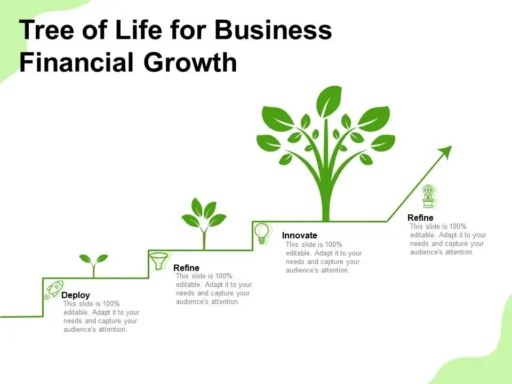Reading time: 2.5 minutes
1.Flexibility and Work-Life Balance
When it comes to flexibility, freelancing usually offers more freedom. Freelancers can set their own schedules, which is ideal for those juggling multiple commitments like family, studies, or another job. Unlike remote jobs, which might require you to be online during specific hours, freelancing allows you to work whenever you’re most productive. However, managing your time effectively is crucial in both scenarios. Freelancers need a high level of self-discipline to avoid burnout, while remote job employees benefit from structured breaks and consistent schedules.
2.Income Stability and Financial Security
One of the major advantages of a remote job is the stability of a regular paycheck. Knowing exactly how much you’ll earn each month makes budgeting and financial planning easier. Freelancing, on the other hand, can be unpredictable. Some months you might earn a lot, while others might be lean. Additionally, freelancers often deal with the hassle of chasing payments. Despite this, freelancing can potentially lead to higher earnings if you build a strong client base and have in-demand skills.
3.Skill Development and Career Growth
Freelancers have the opportunity to work on a variety of projects, which can help them build a diverse skill set. This variety can lead to rapid personal and professional growth. In contrast, remote jobs might offer less variety but provide more structured training programs and clear career progression paths. Freelancers also need to constantly network to find new clients, which can build a strong professional network and open new opportunities. Remote jobs might limit networking to within the company, but they offer more stable career development paths.
4.Job Security and Benefits
Remote jobs often come with benefits like health insurance, retirement plans, and paid leave, which freelancers generally don’t receive. This can be a significant factor for those who value job security and benefits. Freelancers face less job security as their income depends on securing new contracts and maintaining client relationships. While freelancing offers the freedom to choose projects and clients, it comes at the cost of stability. Remote jobs provide more job security and the comfort of being part of a team, but with less flexibility in project choice.
Learn more about earning statistics between remote job and freelancing





